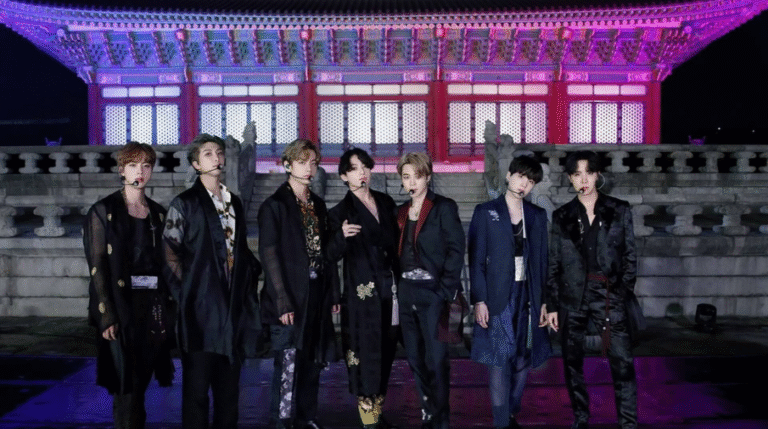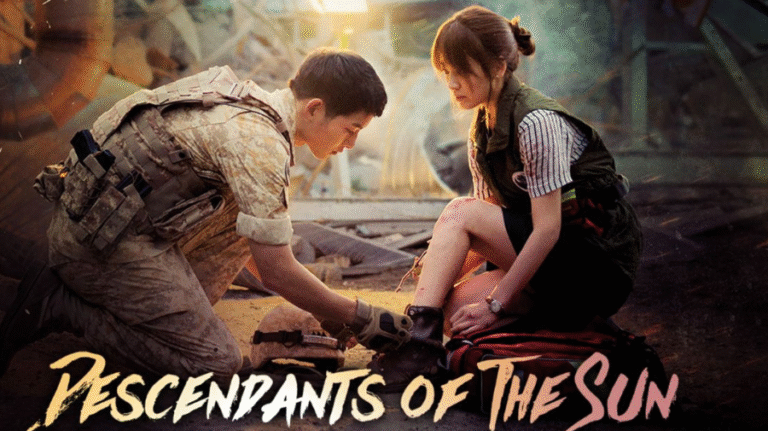
Women have fought for centuries to reclaim their narratives. In courts, in boardrooms, in the streets, and on stages. And the world has slowly, painfully learned to listen. From demanding equal pay to claiming their sexual agency, women have rewritten the rules.
But what happens when women themselves begin to stylize old chains as new adornments? When liberation is reduced to performance, aesthetic, and marketing strategy?
In today’s pop culture, some of the most visible female figures are walking a tightrope. Between pushing boundaries, and pulling the movement backwards. The concern isn’t that women are choosing how to express themselves. The concern is what they are choosing to normalize, glamorize, and monetize.
Two recent examples have stirred this conversation into the mainstream: Sabrina Carpenter’s latest album art, and Sydney Sweeney’s bathwater soap launch. Both moments speak volumes, not just about the artists. But about the slippery slope we’re collectively dancing down.
Sabrina Carpenter: Pet, or Provocateur?
Sabrina Carpenter has long been known for her unapologetic boldness. But her recent album cover, titled A Man’s Best Friend, shocked more than it stunned.

The original image featured Carpenter posed on all fours, grasping the leg, and hair of a man in a suit. It was undeniably provocative. So much so that it triggered widespread discomfort, especially among women.
Some interpreted it as a satire of how women are treated in relationships, or in patriarchal systems at large. But satire only works when the audience is invited into the joke. What many saw instead was a dangerous visual. A powerful young woman reduced to a pet, smiling through the performance of subjugation.

Women’s rights groups criticized the image for being tone-deaf, and regressive. And Sabrina’s dismissive response was full of sarcasm, “I cannot give a fuck about it”. She later replaced the cover with a more subdued version, jokingly calling it “Approved by God.” But the damage was done.
The question isn’t whether she has the right to do it. Of course she does. The question is whether this freedom is being used to challenge norms, or reinforce them under the guise of rebellion. If women begin using objectification as a tool for irony, who’s really benefiting?
Sydney Sweeney’s Bathwater Soap: Branding, or Backpedaling?
Then there’s Sydney Sweeney, the breakout star of Euphoria, once celebrated for speaking out against being typecast for her looks. In 2021, she publicly voiced discomfort over being recognized more for her body than her acting skills. She longed to be seen for her talent, not her figure.

Fast forward to 2025, and she launches “Bathwater Bliss”. A luxury soap supposedly infused with her own bathwater. Marketed as sexy, quirky, and intimate, it instantly went viral. The product sold out, sure. But what was it really selling?

Here was a woman commodifying herself in the most literal sense, repackaging bodily fluids as branding. The message was mixed at best. It didn’t feel like control; it felt like a publicity stunt wrapped in pink ribbons of empowerment. Many wondered: How can we ask to be taken seriously when we serve ourselves up as merchandise?
The soap wasn’t just a product, it became a metaphor. A metaphor for how quickly pop culture forgives, forgets, and fetishizes. For how easy it is to put a feminist filter over a deeply uncomfortable image, and sell it as “iconic.”
Where Are We Headed?
We’re not just talking about album covers, and beauty launches. We’re talking about cultural memory. About symbols that once shackled women now being sold back to them as trend.
When we cheer on women turning themselves into literal pets, or bottling themselves for profit, are we celebrating liberation. Or confusing it for a well-lit Instagram campaign? Are we building role models for the next generation, or asking them to wear objectification like perfume?
Women fought to stop being seen as property. Now we clap when they trademark their intimacy. This isn’t empowerment. This is confusion. We can dress it in rhinestones. We can call it ironic. But we cannot deny what it does: it clouds the hard-won clarity of feminism with foggy messages.
What’s the Real Cost?
Yes, women have the right to express themselves freely. But with visibility comes responsibility. Especially when your audience is made up of young girls learning how to define themselves.
Sabrina, and Sydney may believe they’re flipping the script. But are they rewriting it? Or just acting out the old one, this time with better lighting?
As women in the public eye, you’re not just the face of a brand. You’re the shape of an idea. You can either sharpen it. Or soften it into something the world has seen before.
Stay tuned for more such articles at The World Times.



